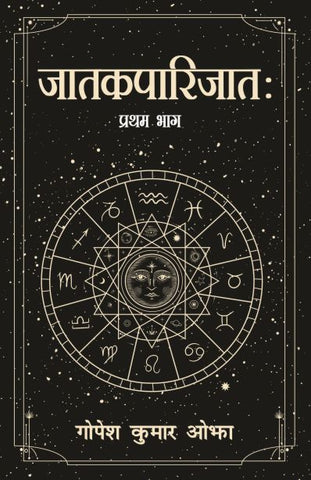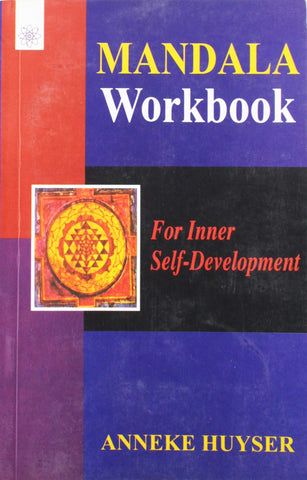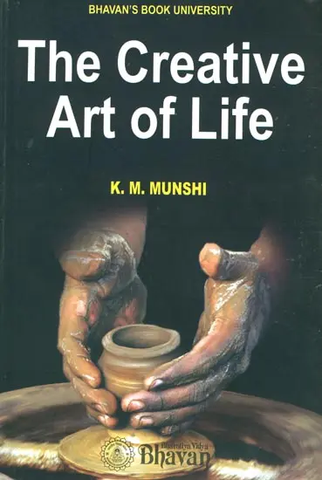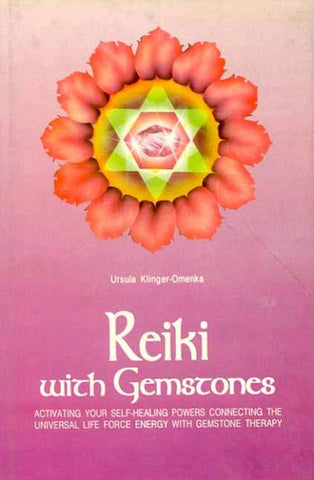Your cart is empty now.
After the arrival of Alexander the Great in the 4th century BCE, India was in permanent relation with the Mediterranean world. When Rome conquered Egypt and took a special interest in the routes to India, the subcontinent and its inhabitants played a key role as an economic and cultural reference in a globalized world stretching from Western Europe and North Africa to China. In an Indian scenario full of ideological and religious pluralism, interactions, learning and creations, adaptation of new concepts and technological and artistic transfer were an essential part of the emerging cultural and social realities. This book, based on a previous publication in Spanish, defends that in the Mahabharata-one of the most profound, captivating and richest stories of human history and, without a doubt, the most vivid of the world's epics-Greek mythological and epic materials were systematically employed. The employment of these materials by no means takes away from the work's authenticity, instead quite the contrary. The work was no doubt original, new and loaded with significance for the society that gave it birth, for those societies which follow, and to those which, by no accident, the work helped to shape. The acceptance of the intelligent and creative use of Greek materials in the Mahabharata to cover specific artistic and ideological goals does not imply any demerit for their author or authors. On the contrary, it is merely the discovery of an unknown facet of its genius.
Cultural contacts between India and the Hellenistic world have interested scholars virtually from the beginning of modern Indology. This interest has at present almost come to a standstill. Scholars may be willing to consider Indian influence on the Mediterranean world and elsewhere (Buddhism, for example, spread far and wide outside India), but frown upon influence in the opposite direction. Indologists tend to look upon India as an isolated culture, and try to
understand its different features as the results of indigenous developments. The presence of
Hellenistic elements in Indian astronomy, or in early Buddhist art, is reluctantly accepted, but
attempts to see Hellenistic influence on the Indian theatre, or on Indian philosophy, are rejected or reasoned away.
And yet, the relationship between India and the Hellenistic world was not symmetrical. There
never was an Indian political entity in or near the Mediterranean, but there was a strong Greek
political presence right next to, and to some extent on the Indian subcontinent during the formative period of classical Indian culture. And the end of a Greek political presence did not signal the end of a Greek cultural presence. Emperor Asoka used Greek in some of his inscriptions, and Greek was still used many centuries later, for example on Kusana coins. Seen this way, it would be surprising if Greek culture had not exerted an influence on classical Indian culture.
The present book takes up the question where other scholars had left, or rather abandoned, it. As
its title indicates, it focuses on the influence of Greek mythology on the Mahabharata. The Iliad
in particular has many themes in common with the Mahabharata, so much so that influence from the
former on the latter is, in the opinion of its author,beyond doubt. Obviously this claim will have to be examined by other specialists, but it is equally clear that it cannot be discarded lightly. If accepted, this claim will have a bearing on Indian studies in general, more in particular on Mahabharata studies, and most specifically on the vexed question of the composition of this text.
Cultural contacts between India and the Hellenistic world have interested scholars virtually from the beginning of modern Indology. This interest has at present almost come to a standstill. Scholars may be willing to consider Indian influence on the Mediterranean world and elsewhere (Buddhism, for example, spread far and wide outside India), but frown upon influence in the opposite direction. Indologists tend to look upon India as an isolated culture, and try to
understand its different features as the results of indigenous developments. The presence of
Hellenistic elements in Indian astronomy, or in early Buddhist art, is reluctantly accepted, but
attempts to see Hellenistic influence on the Indian theatre, or on Indian philosophy, are rejected or reasoned away.
And yet, the relationship between India and the Hellenistic world was not symmetrical. There
never was an Indian political entity in or near the Mediterranean, but there was a strong Greek
political presence right next to, and to some extent on the Indian subcontinent during the formative period of classical Indian culture. And the end of a Greek political presence did not signal the end of a Greek cultural presence. Emperor Asoka used Greek in some of his inscriptions, and Greek was still used many centuries later, for example on Kusana coins. Seen this way, it would be surprising if Greek culture had not exerted an influence on classical Indian culture.
The present book takes up the question where other scholars had left, or rather abandoned, it. As
its title indicates, it focuses on the influence of Greek mythology on the Mahabharata. The Iliad
in particular has many themes in common with the Mahabharata, so much so that influence from the
former on the latter is, in the opinion of its author,beyond doubt. Obviously this claim will have to be examined by other specialists, but it is equally clear that it cannot be discarded lightly. If accepted, this claim will have a bearing on Indian studies in general, more in particular on Mahabharata studies, and most specifically on the vexed question of the composition of this text.
Delivery and Shipping Policy
- INTERNATIONAL SHIPPING
- Rs.1000-1100/kg
- ESTD. Delivery Time: 2-3 weeks (depending on location)
- Bubble Wrapped with Extra Padding
- NATIONAL SHIPPING
- NCR: Rs. 30/half kg
- Standard: Rs. 80/half kg
- Express shipments also available on Request
- ESTD. Delivery Time: Ranging from 1-4 days up to 7 business days (Depending on your choice of Delivery)
- TRACKING
- All orders; national or international, will be provided with a Tracking ID to check the status of their respective orders
- Depending on the Shipping Service, Tracking ID may be used on their respective tracking portals
Frequently Asked Questions (FAQs)
Domestic Shipping: 3-4 Days (after shipping)
International Shipping: 1-2 weeks (based on your location)
You will receive an email once your order has been shipped or you can email us if you didn't receive tracking details (info@mlbd.co.in)
Every book that we sell is the latest edition except all the rare books
Yes, we do provide free shipping, only on domestic orders (within India) above Rs.1500
Translation missing: en.general.search.loading











